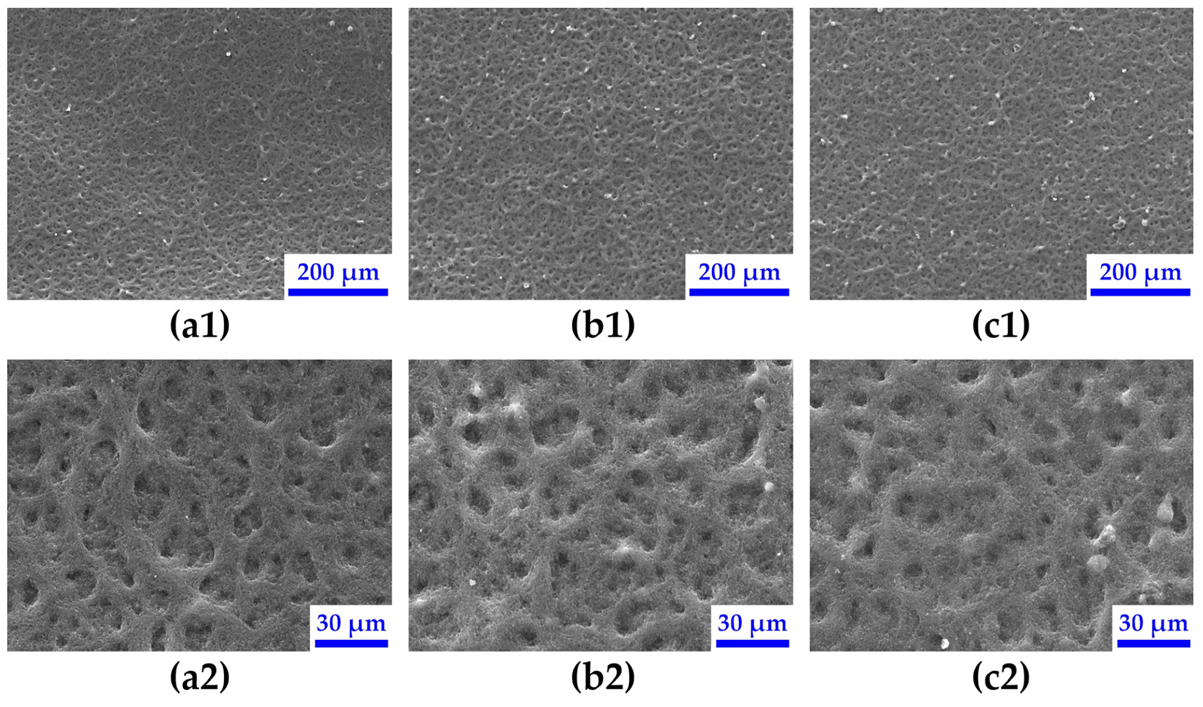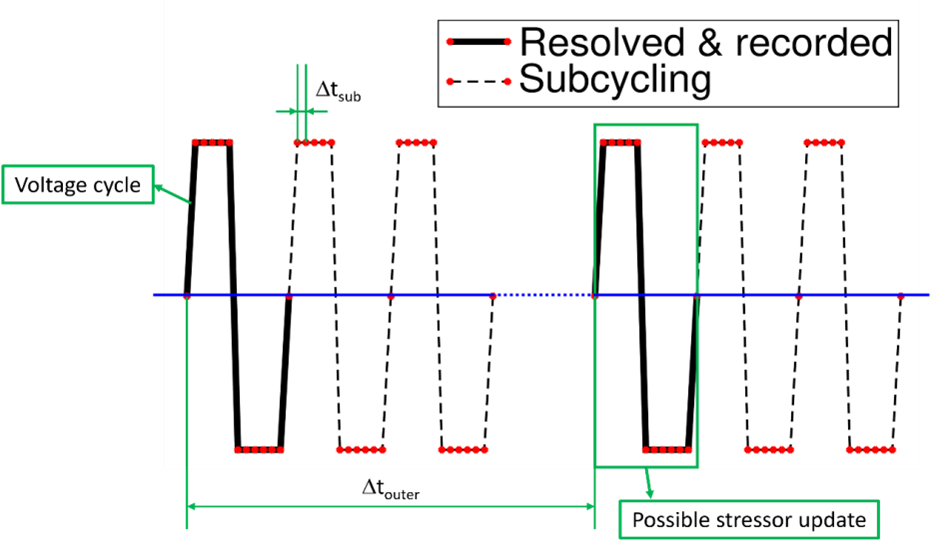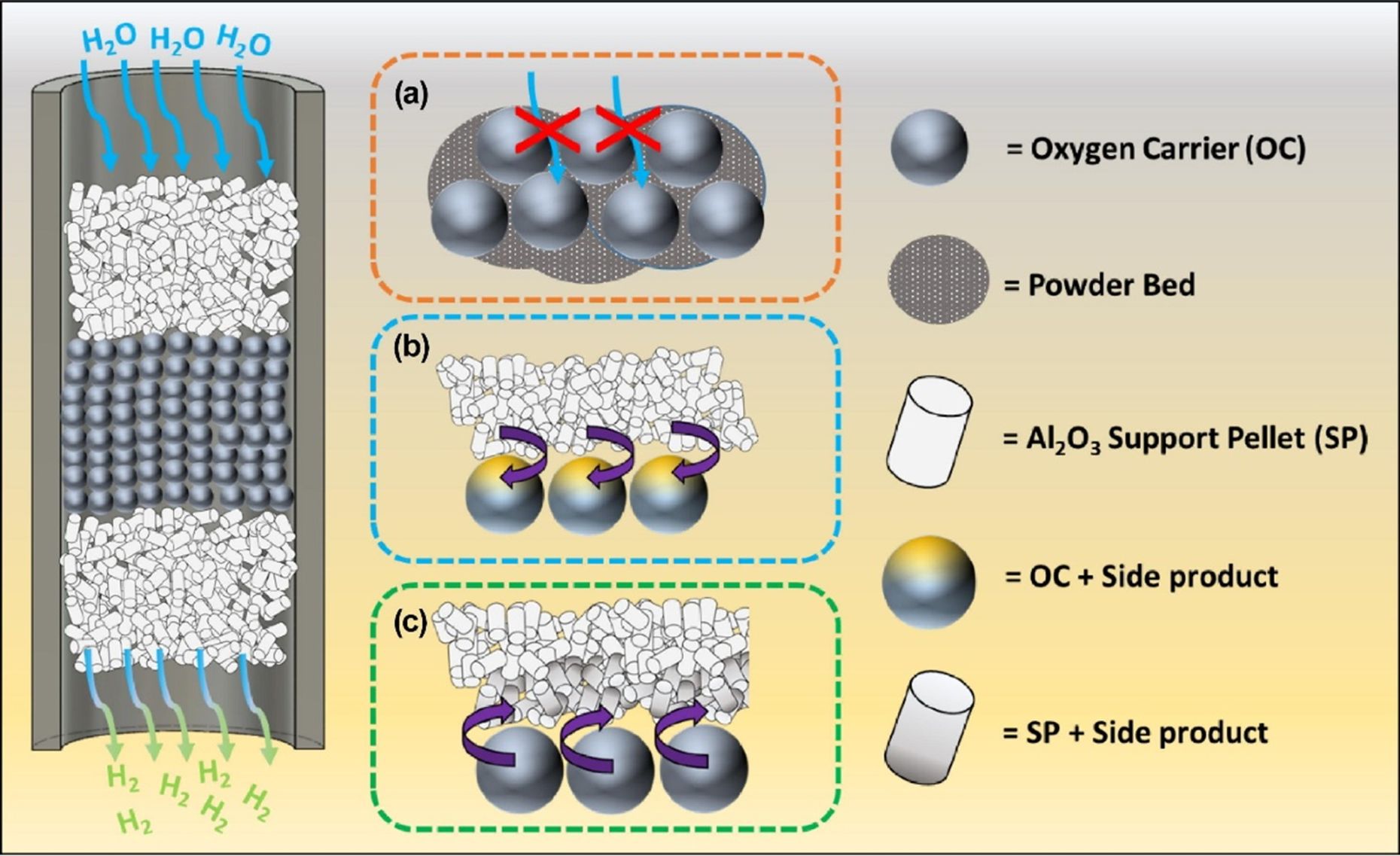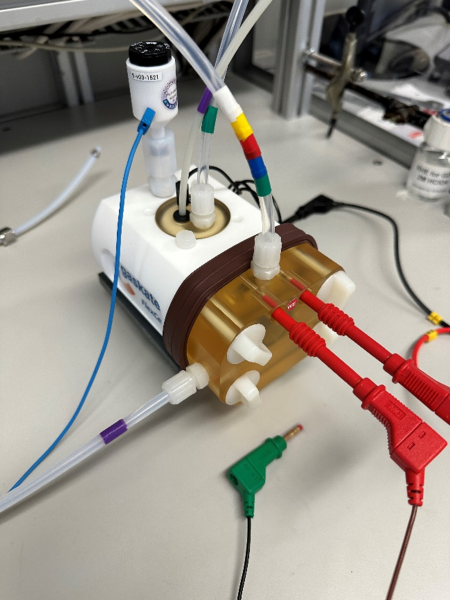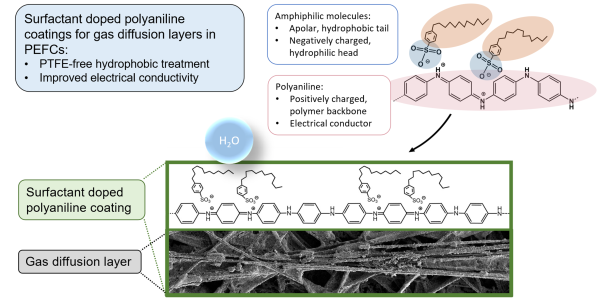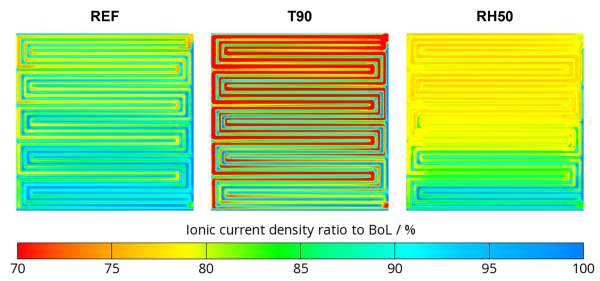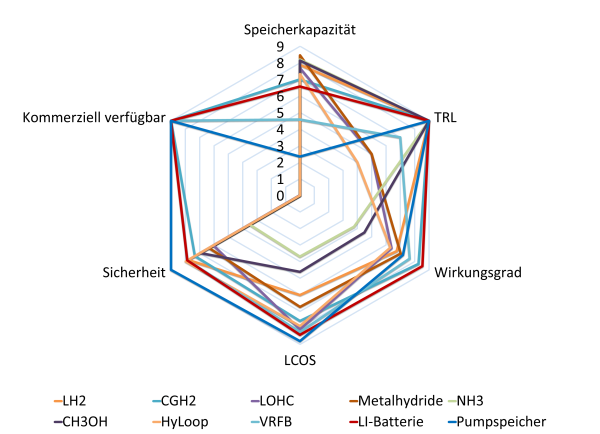IEA AFC Annex 31: Polymer Electrolyte Fuel Cells (Working period 2020 - 2024)
Short Description
All aspects of polymer electrolyte fuel cells are covered in Annex 31. Individual components as well as fuel cell stacks and system aspects are dealt with in detail.
The focus of Austrian participation is on research and development. This includes the characterization, evaluation and optimization of fuel cells as well as the development of materials and technologies to reduce costs and improve performance and service life. The systems under consideration include the polymer electrolyte fuel cell (PEFC) and direct fuel cells such as the direct methanol fuel cell (DMFC) and the direct ethanol fuel cell (DEFC) as well as the corresponding complete systems. The focus is on the following research and development activities:
Research and development activities
Materials for Fuel Cell Stacks
The development of new types of membranes using electrospinning and the optimization of the stability of catalyst suspensions and their influence on the functionality of polymer electrolyte membrane fuel cells are at the heart of this focus area. As new catalyst systems require innovative manufacturing processes, the stability of sedimentation, impregnation and spraying processes over longer periods of time is particularly important.
System, Components and Balance-of-Plant
A theoretical overview, an experimental validation and a 3D analysis of the model using data from a PEM fuel cell with three serpentines under different operating conditions were developed. The model uses a sub-cycle approach to control degradation over time and space. It shows that higher temperatures and lower humidity accelerate the degradation, which reduces the overall performance and the amount of electrochemically active surface. The current density distributions, which provide insights into localized degradation phenomena, were also investigated.
Fuel conditioning
Novel structured oxygen carriers with a core-shell architecture represent an innovative concept to avoid agglomeration of pellets in the chemical looping hydrogen reactor system. The environmentally friendly iron-based material maintained an oxygen exchange capacity of over 80 % for 100 cycles. Detailed studies on inactivation effects are used to improve this technology to provide high purity hydrogen for PEM fuel cells.
Project Images
Terms of use: The pictures listed underneath the header “Project Pictures” originate from the projects in the frame of the programmes City of Tomorrow, Building of Tomorrow and the IEA Research Cooperation. They may be used credited for non-commercial purposes under the Creative Commons License Attribution-NonCommercial (CC BY-NC).
Publications
Publications are available on the website of IEA AFC Annex 31.
Participants
Austria, China, Denmark, Finland, France, Germany, Israel, Italy, Japan, Mexico, Spain, Sweden, Switzerland, South Korea and the USA (Operating Agent)
Contact Address
Prof. Dr. Viktor Hacker
Brigitte Hammer, Bakk.
DI Michael Lammer
Technische Universität Graz
Institute of Chemical Engineering and Environmental Technology
Fuel Cell Laboratory
Inffeldgasse 25 C, 8010 Graz
E-Mail: viktor.hacker@tugraz.at; brigitte.hammer@tugraz.at; michael.lammer@tugraz.at
Tel.: +43 (316) 873-8780; +43 (316) 873-8781; +43 (316) 873-8795

